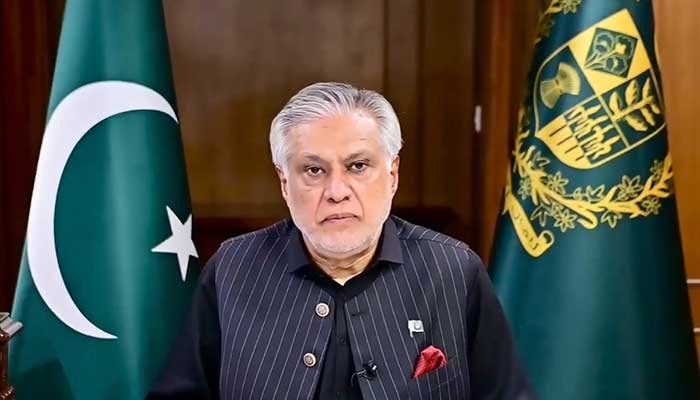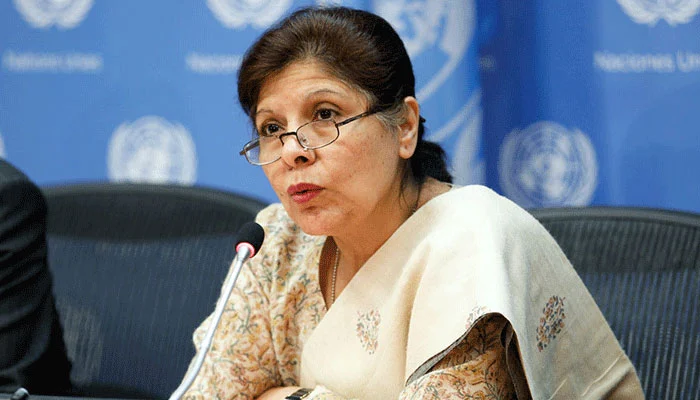In a major diplomatic breakthrough, Pakistan and Afghanistan have signed a ceasefire agreement, marking a crucial step toward restoring peace and stability along the volatile border region. The Pakistan Afghanistan ceasefire agreement, brokered in Doha and supported by Qatar and Turkiye, effectively ends days of deadly hostilities that had strained relations between the two neighboring nations. Deputy Prime Minister and Foreign Minister Ishaq Dar welcomed the development, calling it “the first step in the right direction.” He also expressed hope that this agreement will pave the way for a verifiable monitoring mechanism to ensure long-term peace and prevent the recurrence of cross-border violence.
Pakistan Welcomes the Ceasefire with Optimism
In his statement on X (formerly Twitter), Ishaq Dar emphasized the importance of regional cooperation and mutual respect. He stated, “We look forward to the establishment of a concrete and verifiable monitoring mechanism to address the menace of terrorism emanating from Afghan soil toward Pakistan.” His remarks underscore Pakistan’s consistent stance that terror activities from across the border must be stopped immediately. The foreign minister also appreciated the constructive diplomatic efforts of Qatar and Turkiye, whose mediation played a vital role in facilitating the Pakistan Afghanistan ceasefire agreement.
Welcome the Agreement finalized late last night in Doha. It is the first step in the right direction.
— Ishaq Dar (@MIshaqDar50) October 19, 2025
Deeply appreciate the constructive role played by brotherly Qatar and Turkiye.
We look forward to the establishment of a concrete and verifiable monitoring mechanism, in the…
How the Ceasefire Agreement Was Reached
The truce came after several days of fierce clashes between Pakistan’s security forces and Afghan Taliban elements near the border. The violence was initially triggered by an unprovoked attack by Afghan Taliban and Tehreek-e-Taliban Pakistan (TTP) militants, prompting Islamabad to launch retaliatory strikes that resulted in the deaths of more than 200 terrorists. The Pakistan Afghanistan ceasefire agreement was finalized after extensive discussions held in Doha. Pakistan’s delegation, led by Defence Minister Khawaja Asif, engaged with Afghan officials headed by Defence Minister Mullah Yaqoob. Senior intelligence and security officials from both sides also participated to ensure the talks addressed the key concerns of each nation.
Next Steps and Monitoring Mechanism
Under the terms of the Pakistan Afghanistan ceasefire agreement, both sides have agreed to meet again in Istanbul on October 25, where they will finalize a joint framework for monitoring and verification. The upcoming meeting, hosted by Turkiye, aims to solidify trust and ensure both nations respect each other’s territorial sovereignty. Defence Minister Khawaja Asif confirmed on X that terrorism from Afghanistan on Pakistani soil will stop immediately,reaffirming Islamabad’s commitment to peaceful coexistence and mutual respect.
Cross-Border Terrorism and Pakistan’s Response
Since the Taliban returned to power in 2021, Pakistan has witnessed a sharp increase in cross-border attacks, especially in Khyber Pakhtunkhwa (KP) and Balochistan. Islamabad has repeatedly urged the Kabul regime to prevent its territory from being used by the TTP and other militant groups for operations against Pakistan. In response to recent attacks, Pakistan conducted precision strikes on confirmed terrorist hideouts in North and South Waziristan. According to Information Minister Attaullah Tarar, a minimum of 60 to 70 militants and their leadership were neutralized based on verified intelligence. The government maintained that these strikes were conducted within the parameters of self-defense and aimed at ensuring national security.
COAS on Peace and Security
Chief of Army Staff Field Marshal Asim Munir, while addressing cadets at the Pakistan Military Academy in Kakul, reaffirmed Pakistan’s desire for peace but warned against any violation of sovereignty. He urged the people of Afghanistan to choose mutual peace and security over violence, emphasizing that the Taliban government must act decisively against militant proxies operating from its territory. His comments align with the objectives of the Pakistan Afghanistan ceasefire agreement, which emphasizes cooperation, mutual respect, and a shared commitment to counterterrorism.
Regional Significance of the Agreement
The Pakistan Afghanistan ceasefire agreement carries far-reaching implications for regional stability. The two nations share a 2,500-kilometer-long porous border, which has long been a flashpoint for security challenges but also serves as an essential trade corridor connecting Central and South Asia. Analysts believe that the truce could pave the way for enhanced border management, intelligence sharing, and economic cooperation. If implemented effectively, it could help reduce militant infiltration and normalize cross-border trade, ultimately strengthening regional economic ties.
A Hopeful Path Toward Lasting Peace
The signing of the Pakistan Afghanistan ceasefire agreement represents a cautious yet hopeful move toward restoring regional harmony. It demonstrates the willingness of both nations to address mutual security concerns through diplomacy rather than confrontation. With Qatar and Turkiye continuing their mediating role and the upcoming Istanbul meeting set to establish a verification mechanism, the focus now shifts to ensuring sustained implementation. For Pakistan, the ultimate goal remains clear—peaceful borders, mutual respect, and a stable region free from terrorism. The coming weeks will determine whether this ceasefire becomes a lasting milestone in South Asia’s complex geopolitical landscape or merely a temporary pause in a long-standing conflict.



